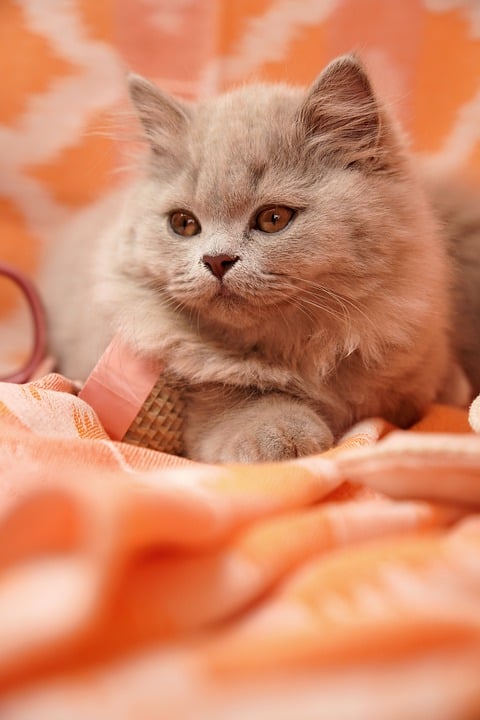A groundbreaking new study conducted by researchers at the University of Oxford has revealed a fascinating phenomenon in the world of microbiology – tiny animals known as rotifers are stealing antibiotic recipes from bacteria. This discovery sheds light on the intricate and complex interactions that occur within microbial communities and has significant implications for our understanding of antibiotic resistance.
The study, published in the journal Nature Communications, focused on the relationship between rotifers and a type of bacteria called Streptomyces. Streptomyces are well-known for their ability to produce a wide range of antibiotics, which they use to compete with other microorganisms in their environment. Rotifers, on the other hand, are microscopic animals that feed on bacteria and other microorganisms.
What the researchers found was truly remarkable – the rotifers were not only consuming the antibiotics produced by the Streptomyces bacteria, but they were also incorporating the antibiotic-producing genes into their own genomes. This means that the rotifers were essentially stealing the genetic blueprints for antibiotic production from the bacteria.
This phenomenon, known as horizontal gene transfer, is a common mechanism by which bacteria acquire new genes and traits. However, this is the first time that such a transfer has been observed between bacteria and animals. The researchers believe that this process may be a key factor in the spread of antibiotic resistance in microbial communities.
The implications of this discovery are profound. Antibiotic resistance is a major global health threat, with the potential to render our current arsenal of antibiotics ineffective. By understanding how antibiotic resistance genes are transferred between different organisms, we can develop new strategies to combat this growing problem.
Furthermore, this study highlights the interconnectedness of all living organisms on Earth. Microbes play a crucial role in maintaining the health of ecosystems, and their interactions with other organisms, such as rotifers, can have far-reaching effects. By studying these interactions, we can gain a deeper understanding of the complex web of life that sustains our planet.
In conclusion, the study conducted by the University of Oxford researchers has provided valuable insights into the ways in which tiny animals like rotifers are able to steal antibiotic recipes from bacteria. This discovery not only expands our knowledge of microbial ecology but also has important implications for the field of antibiotic resistance research. As we continue to unravel the mysteries of the microbial world, we may uncover new strategies for combating antibiotic resistance and preserving the effectiveness of these life-saving drugs.





